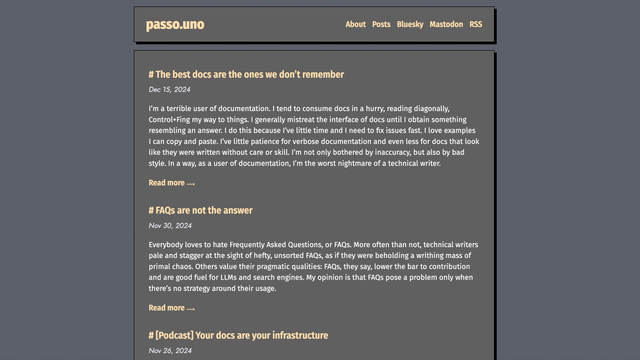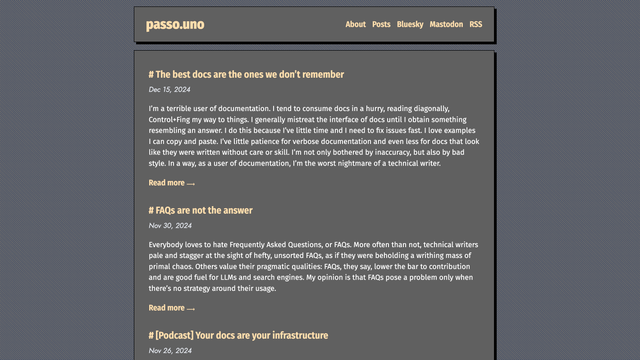"[W]hat we are doing is shepherding AI, limiting it to certain contexts. We are learning where it’s best to call it, how is best to feed it. And what to do with the output. So is it looks very much like an editorial process, an editorial workflow where you provide some initial input, maybe some some idea on what content to produce, then you review it. There’s always that quality assurance, quality control side, the supervision.
AI is not really autonomous. It relies a lot on us. And I feel like sometimes there are days where, when coding through AIs or doing some assisted writing, I’m spending more time helping out the AI doing the actual task that I’m asking the AI to do. But I take this as a learning process. I read this article the other day, Nobody knows how to build with AI yet. And it was a developer saying that they haven’t quite figured out how to best work with AI. There were lots of comments around the fact that you have to spend lots of time, you have to learn how to talk to it, and when the model changes, you have to also maybe change something you’re doing. You have to learn how to optimize your time. But your presence is always mandatory.”







